Exploring the Versatility of Cultivator Tynes
Cultivator tynes are an essential component in the arsenal of agricultural tools, playing a pivotal role in soil preparation and weed control. The cultivator tyne is designed to penetrate the soil, breaking it up and allowing for aeration and moisture penetration, which are crucial for healthy crop growth. This introduction delves into the various types of tynes available and their specific applications in the field of agriculture.
Types and Applications of Cultivator Tynes
The agricultural sector benefits from a diverse range of tynes, each tailored for different tasks. The 5 tyne cultivator is commonly used for smaller plots, offering precision and ease of maneuverability. In contrast, the 9 tyne cultivator and 11 tyne cultivator are suited for larger areas, providing wider coverage and increased efficiency. Specialty tynes like the spring tyne cultivator and the rigid tyne cultivator cater to specific soil types and cultivation needs, ensuring that farmers can select the appropriate tool for their land's requirements.
Features and Materials of Cultivator Tynes
Cultivator tynes are crafted from durable materials capable of withstanding the rigors of farming. The construction of a 9 tyne rigid cultivator, for example, emphasizes strength and durability to tackle compact soils without compromising the tyne's integrity. The 5 tyne duck foot cultivator features a unique design that aids in thorough soil turnover and weed removal. Materials used in the manufacturing process are selected for their resilience and longevity, ensuring that each tyne can endure the demands of repetitive use.
Advantages of Using Quality Cultivator Tynes
Employing the right cultivator tyne can lead to numerous benefits, including improved soil structure and enhanced crop yields. The efficiency of a 7 tyne cultivator in breaking up soil clods and reducing compaction is a testament to its advantage in promoting healthy root development. Similarly, the 9 tyne spring cultivator is adept at maintaining soil consistency across different terrains, which is vital for uniform crop growth. The adaptability of these tools to various soil conditions and their contribution to effective land management cannot be overstated.
Selecting the Right Cultivator Tyne for Your Needs
Choosing the correct cultivator tyne involves understanding the specific needs of your agricultural operations. Factors such as soil type, crop variety, and the size of the area to be cultivated all play a role in determining whether a 5 tyne cultivator for power tiller or a more robust 11 tyne cultivator is the appropriate choice. It is essential to consider these variables to ensure that the cultivator tyne selected will provide the best possible outcome for soil preparation and crop management.
Conclusion
In conclusion, the range of cultivator tynes available caters to a broad spectrum of agricultural needs. From the cultivator 5 tyne to the more extensive cultivator 11 tyne, each variant offers unique features that enhance farming practices. While the selection process may seem daunting, understanding the applications and benefits of each type ensures that the ideal cultivator tyne is just a search away, ready to contribute to the efficiency and success of agricultural endeavors.

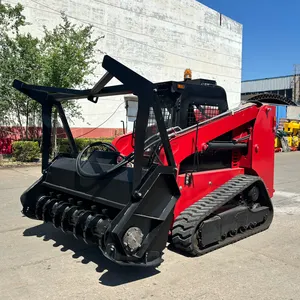



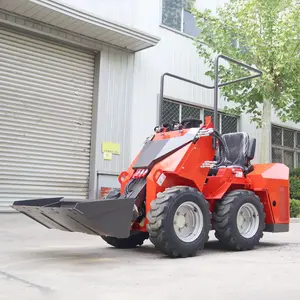

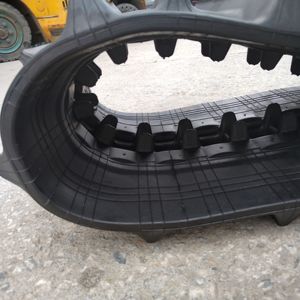






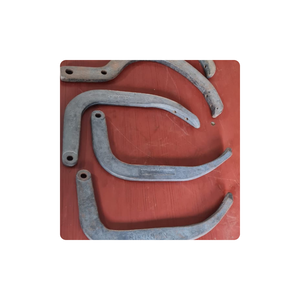


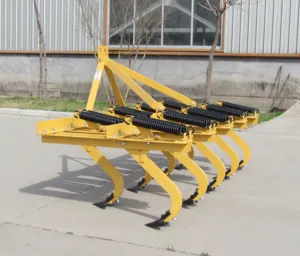



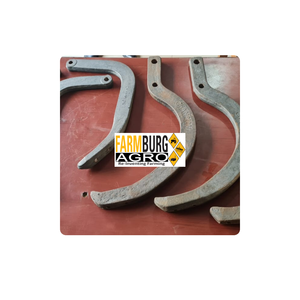
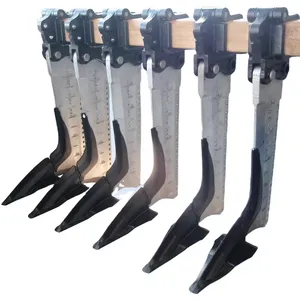




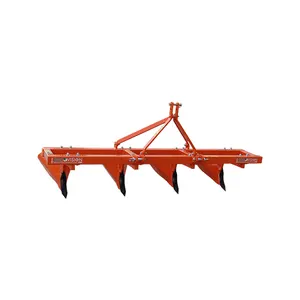
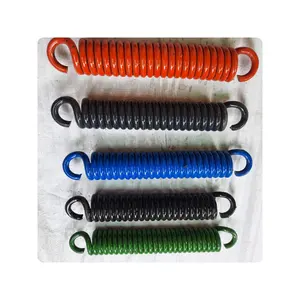




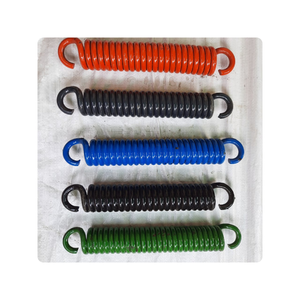

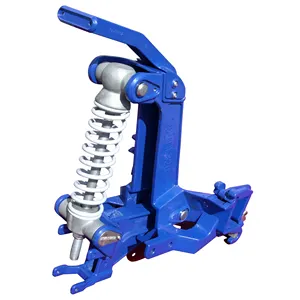


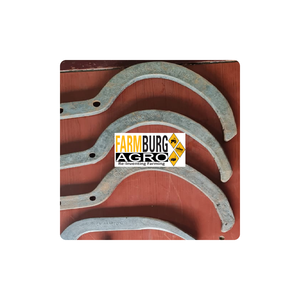
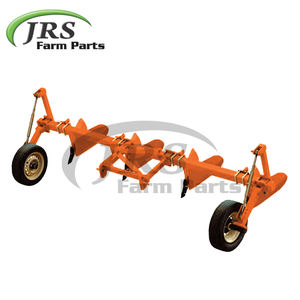
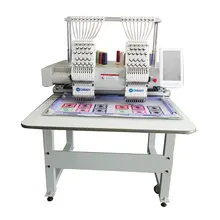
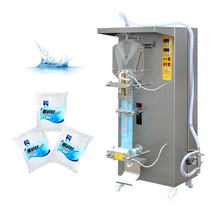

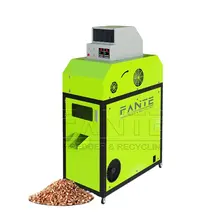

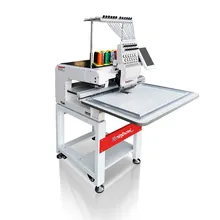


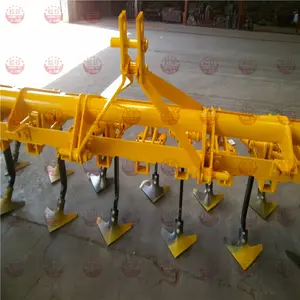



























 浙公网安备 33010002000092号
浙公网安备 33010002000092号 浙B2-20120091-4
浙B2-20120091-4